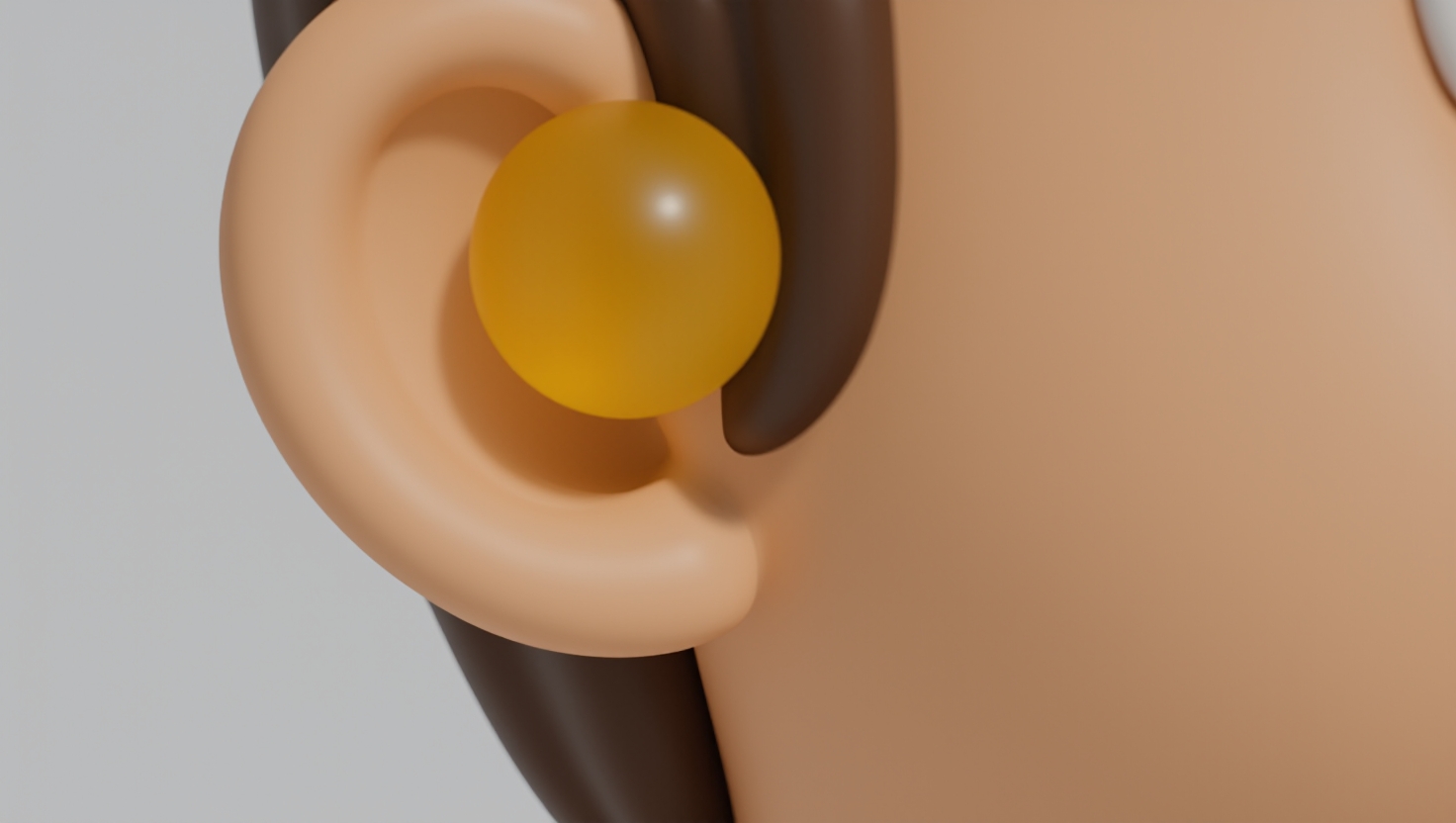What Is Pus Coming From My Ear?
Pus coming from the ear can be an uncomfortable and concerning symptom that often signals an underlying issue. Understanding what this usually means and the possible causes can help you recognize when it's important to seek medical attention. In this article, we’ll explain the basics of ear pus discharge in simple, clear terms, helping you feel more informed and prepared.
What Does Pus From the Ear Usually Mean?
Pus is a thick, often yellowish or greenish fluid that is a sign your body is fighting off an infection. It commonly contains white blood cells, dead tissue, bacteria, and sometimes other immune cells. When pus comes from the ear, it typically means there is an infection or inflammation somewhere inside the ear canal or the middle ear. This infection causes fluid to build up inside the ear, and when pressure forces it out, you may notice this discharge.
Think of it like a cut on your skin that forms a scab and pus as your body works to heal. When this happens inside your ear, the pus has to come out somewhere, so it may drain through the ear canal.
Common Causes of Pus Discharge From the Ear
Several conditions can cause pus to drain from the ear. Here's a closer look at some typical reasons:
- Ear infections: Probably the most common cause, ear infections such as otitis media (middle ear infection) or otitis externa (also called "swimmer’s ear," an outer ear infection) are frequently responsible. For instance, children are especially prone to otitis media, which often follows a cold or respiratory infection. The infection inflames the ear and produces pus that may leak out if the eardrum bursts or if the outer ear becomes inflamed.
- Earwax buildup: Even though earwax is generally protective, sometimes it can become impacted, trapping dirt and bacteria. This buildup can sometimes get infected, leading to pus formation and drainage. For example, someone who frequently uses cotton swabs might push earwax deeper, increasing the risk of infection.
- Injury or trauma: Scratches, cuts, or irritation inside the delicate ear canal can become infected, causing pus. This might happen if you clean your ears aggressively or insert foreign objects.
- Water exposure: Prolonged moisture inside the ear canal, such as after swimming or bathing without properly drying the ears, can create an environment favorable to bacterial growth. This is why "swimmer’s ear" is so common during warm weather months.
- Foreign objects: Sometimes, small objects—especially in children—can become lodged inside the ear canal. This blockage can trap bacteria and lead to infections, producing pus drainage.
These causes can vary based on age, health status, and lifestyle habits, but the presence of pus generally indicates that an infection or inflammation needs to be addressed.
When to See a Healthcare Professional
It’s important to monitor any pus coming from your ear carefully. While minor cases might improve on their own, certain symptoms may require medical evaluation. Contact a healthcare provider if you notice any of the following:
- Pus coming from the ear lasting more than a day or two without improvement
- Severe ear pain or swelling around the ear
- Hearing loss or muffled hearing sensations
- Fever or a general feeling of illness
- Dizziness, nausea, or balance problems
- Bloody discharge or a foul smell
Early diagnosis and treatment may help prevent complications.
How Pus From the Ear Can Affect Daily Life
Dealing with pus draining from the ear isn’t just uncomfortable—it can affect many areas of daily living. Some impacts include:
- Work: Ear discomfort, pain, or hearing changes might reduce your ability to focus, concentrate, or communicate clearly at work, potentially lowering productivity. For example, difficulty hearing coworkers or phone calls can be frustrating.
- Social life: Visible ear discharge or the associated symptoms, such as pain or odor, may cause embarrassment. Some people may withdraw from social activities to avoid questions or stigma.
- Overall quality of life: Ongoing ear problems can disrupt sleep due to discomfort or drainage, affect mood by causing stress or irritability, and limit physical activities. For instance, you might avoid swimming, exercising, or even showering without adequate ear protection to prevent further issues.
Acknowledging these effects highlights why managing ear infections early is important—not only for physical health but also for emotional well-being and lifestyle.
A Note on Ear Infections and Discharge
Ear infections are among the leading reasons for doctor visits worldwide, especially in young children. According to health data, acute otitis media affects nearly 80% of children by age three. While most ear infections resolve with timely and appropriate treatment, untreated infections can lead to complications such as chronic drainage, hearing loss, or more serious issues like mastoiditis (infection spreading to the bone behind the ear).
Many cases can be managed with appropriate medical care, including antibiotics, ear drops, or minor procedures. Regular check-ups and early symptoms recognition remain important.
If you or a loved one experiences ear pus discharge, consulting a healthcare professional may help with recovery and prevent complications.
---
Ready to schedule a visit at Sleep and Sinus Centers? Book your appointment online or call (678) 689-1100.
This article is for educational purposes only and is not medical advice. Please consult a qualified healthcare provider for diagnosis and treatment.
Don’t let allergies slow you down. Schedule a comprehensive ENT and allergy evaluation at Sleep and Sinus Centers of Georgia. We’re here to find your triggers and guide you toward lasting relief.



